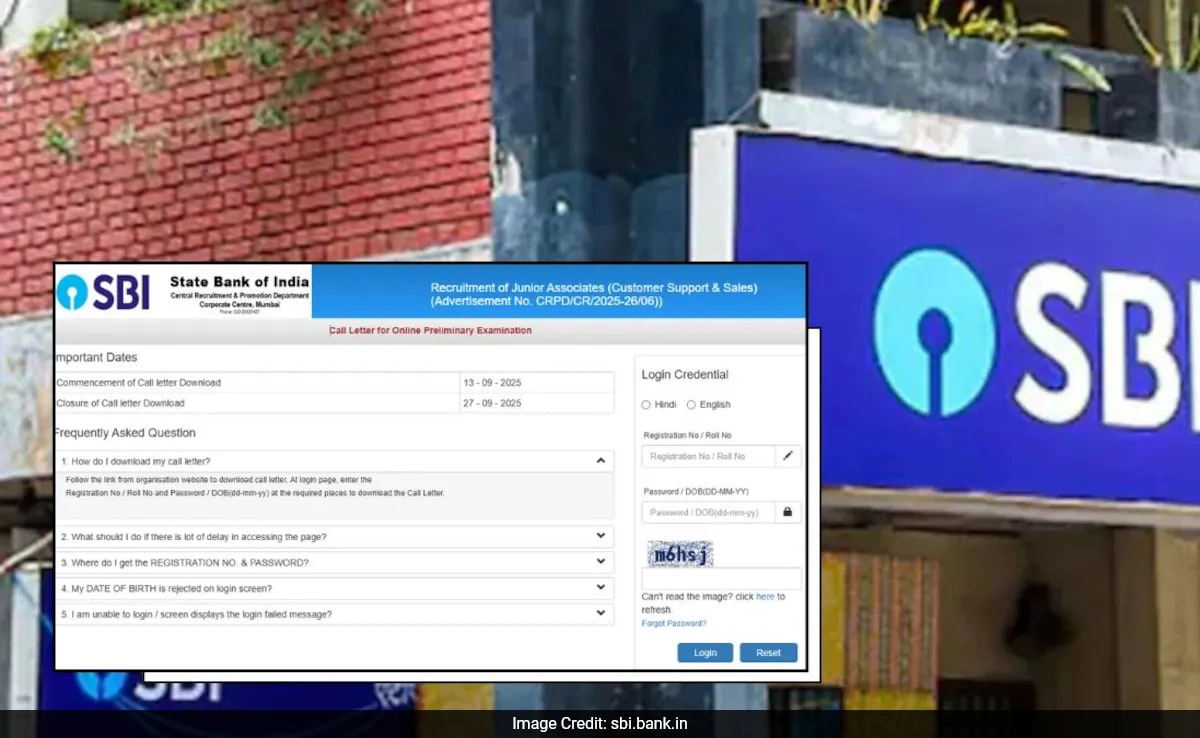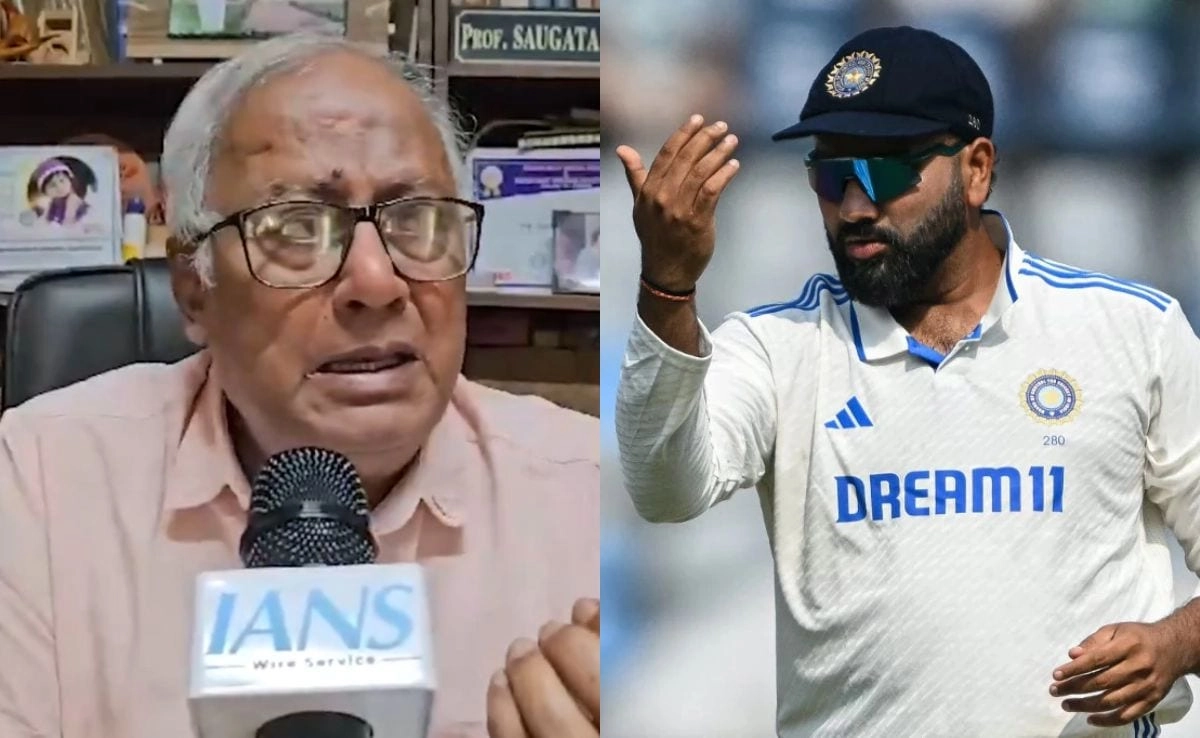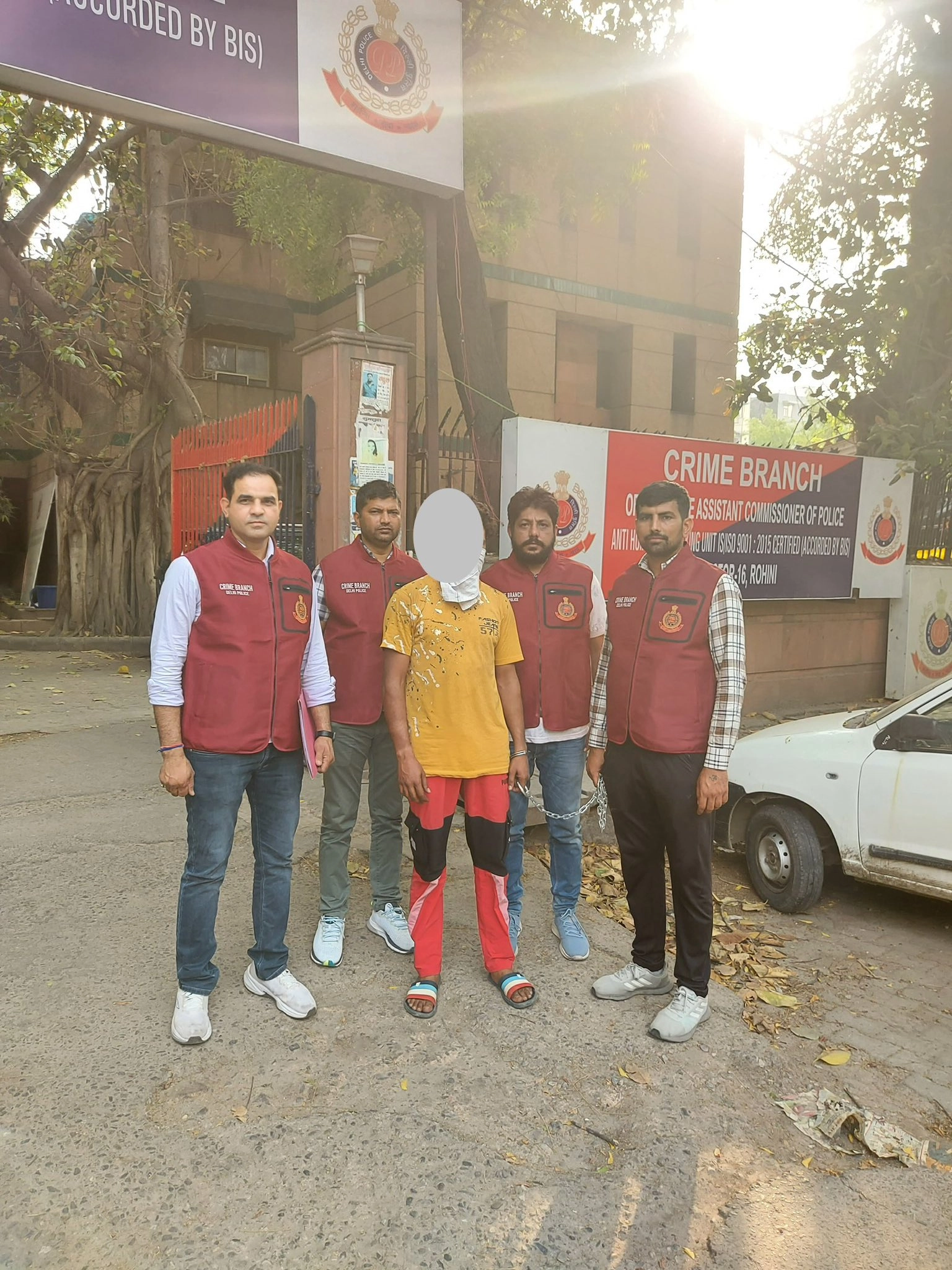In a recent political development, Rahul Gandhi, the leader of the Indian National Congress, made a bold assertion regarding the electoral process in Maharashtra, claiming that there is “match-fixing” taking place in the upcoming polls. This allegation has stirred significant controversy and debate within the political landscape, as Gandhi suggested that the integrity of the electoral process is being compromised. He implied that there are behind-the-scenes agreements or manipulations that could undermine fair competition among the parties vying for power in the state. Such claims are serious and could potentially impact public perception of the electoral process, raising questions about transparency and accountability.
The Bharatiya Janata Party (BJP), currently a major player in Maharashtra’s political scene, quickly responded to Gandhi’s accusations. Party officials dismissed his claims as unfounded and politically motivated, arguing that such statements are a tactic employed by the opposition to divert attention from their own shortcomings. The BJP emphasized that they are committed to upholding democratic values and ensuring that elections are conducted fairly and transparently. They also pointed out that the Congress party has a history of electoral failures and may be resorting to baseless allegations to distract voters from their own lack of a coherent strategy or vision for the state.
This exchange highlights the increasing tensions in Maharashtra’s political arena as the state prepares for the polls. With both parties gearing up for a fierce electoral battle, accusations and counter-accusations are likely to intensify. The BJP’s response underscores their confidence in their electoral strategy and governance record, while Gandhi’s allegations reflect the Congress party’s desperation to regain a foothold in a state where they have struggled in recent elections. As the campaigning progresses, voters will be watching closely to assess the credibility of these claims and the overall atmosphere of the electoral process.
Ultimately, the discourse surrounding “match-fixing” in Maharashtra polls raises significant questions about the integrity of the electoral system in India. As political leaders engage in this war of words, the responsibility lies with the Election Commission and relevant authorities to ensure that elections are conducted in a manner that is fair and transparent. The outcome of these elections will not only determine the future of Maharashtra but also have broader implications for national politics. As voters prepare to make their voices heard, the emphasis on accountability and transparency in the electoral process remains crucial for the health of Indian democracy.




